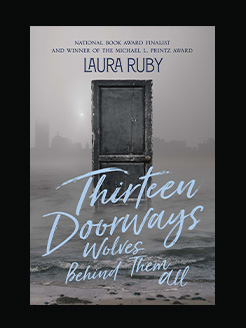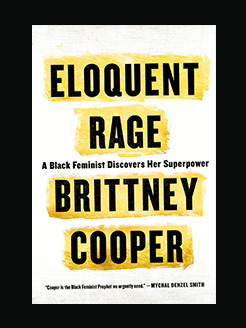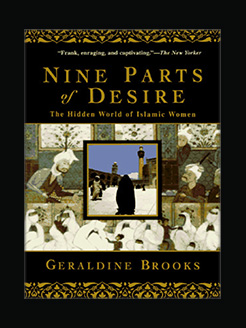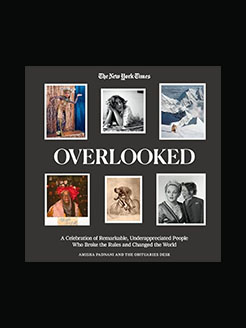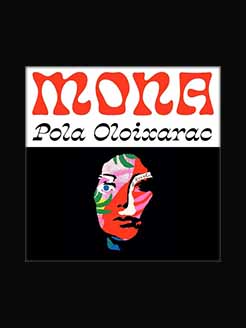Published in 2011
273 pages
Helen DeWitt (born 1957 in Takoma Park, Maryland, a suburb of Washington, D.C.) is a novelist.
DeWitt grew up primarily in South America (Mexico, Brazil, Colombia and Ecuador), as her parents worked in the United States diplomatic service. After a year at Northfield Mount Hermon School and two short periods at Smith College, DeWitt studied classics at the University of Oxford, first at Lady Margaret Hall, and then at Brasenose College for her D.Phil.
DeWitt is best known for her acclaimed debut novel, The Last Samurai. She held a variety of jobs while struggling to finish a book, including a dictionary text tagger, a copytaker, and Dunkin’ Donuts employee, she also worked in a laundry service. During this time she reportedly attempted to finish many novels, before finally completing The Last Samurai, her 50th manuscript, in 1998.
In 2005 she collaborated with Ingrid Kerma, the London-based painter, writing limit5 for the exhibition Blushing Brides. In 2004, DeWitt went missing from her home in Staten Island. She was found unharmed a few days later at Niagara Falls.
DeWitt lives in Berlin where she has recently finished a second novel, Your Name Here, in collaboration with the Australian journalist Ilya Gridneff. DeWitt had met Gridneff in an East London pub shortly before her departure for New York; impressed by the linguistic virtuosity of his e-mails, she suggested a book inspired by Charlie Kaufman’s Adaptation, or Being John Malkovich, with Gridneff as Malkovich.
What is this book about?
“All I want is to be a success. That’s all I ask.” Joe fails to sell a single set of the Encyclopedia Britannica in six months. Then fails to sell a single Electrolux and must eat 126 pieces of homemade pie, served up by his would-be customers who feel sorry for him. Holed up in his trailer, Joe finds an outlet for his frustrations in a series of ingenious sexual fantasies, and at last strikes gold. His brainstorm, Lightning Rods, Inc., will take Joe to the very top — and to the very heart of corporate insanity — with an outrageous solution to the spectre of sexual harassment in the modern office.
An uproarious, hard-boiled modern fable of corporate life, sex, and race in America, Helen DeWitt’s Lightning Rods brims with the satiric energy of Nathanael West and the philosophic import of an Aristophanic comedy of ideas. Her wild yarn is second cousin to the spirit of Mel Brooks and the hilarious reality-blurring of Being John Malkovich. Dewitt continues to take the novel into new realms of storytelling — as the timeliness of Lightning Rods crosses over into timelessness.
